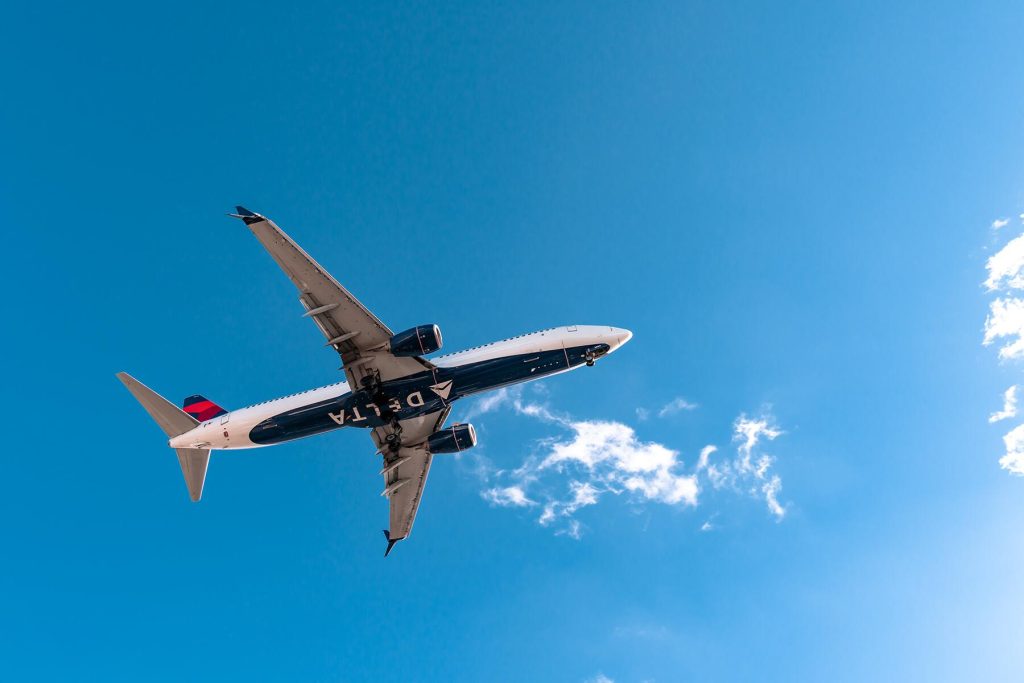Delta seemingly implemented an old rule, which almost upended one traveler’s return flight from abroad.
Passengers traveling on international flights typically need a slew of documentation. Ticket confirmation, boarding pass, passport, visa—any number of travel documents can be required based the airline and destination. Travelers on some airlines, however, can add one more thing to remember when traveling internationally—the credit card they used to purchase their ticket.
This used to be a far more common requirement. In the earlier days of internet airline ticket sales, before multilayer authentication and other credit card security features, airlines used to require to see the physical credit card at their ticket counter or city ticket office prior to the flight. For international flights, many airlines used to routinely inform passengers that they needed to travel with the credit card used to purchase their ticket.
In some cases, passengers are asked for the credit card at their first point of check-in, but sometimes, it happens on the return portion of the trip, like it did to one passenger at London’s Heathrow Airport. In that case, the passenger, who was flying Delta Air Lines on the return portion of their journey to Seattle/Tacoma, was presented with a difficult decision: either produce the credit card (which they had left at home), or purchase an entirely new ticket to the tune of several thousand dollars.
Continue Reading Article After Our Video
Recommended Fodor’s Video
The passenger was ultimately able to obtain a photograph of the credit card, which was enough to satisfy Delta representatives in London to allow them to board the flight.
But it raises the question of why Delta, and other airlines like Turkish and Japan Airlines reserve the right to require the credit card used to purchase the ticket be presented at the airport ticket counter when checking in for the flight.
It’s worth noting that airlines are largely left to develop their own procedures for how they identify and handle transactions they suspect to be fraudulent. Airlines also maintain different standards for what types of transactions they consider to be suspicious. Delta, Turkish, and Japan Airlines each inform customers on their websites that they may be asked to present the credit card used to purchase their ticket.
The airlines don’t, however, present any more information regarding what types of purchases are typically flagged as having potential for fraud—and that’s to prevent would-be fraudsters from learning how the airlines make those determinations. Other airlines that don’t resort to the old-fashioned practice of requiring the physical credit card to be present at the time of travel have other verification methods that they similarly do not widely publicize.
So, what can passengers do to avoid getting asked for the credit card they used to purchase the ticket at check-in? The airline industry blog View From The Wing suggests booking via a travel agency—whether a traditional agency or an online one—reasoning that airlines hold travel agents accountable for preventing fraud at their own sales points, which makes them less likely to request additional verification at their own ticket counters. Travelers can also carry the credit card they used to purchase the ticket (or a copy or picture of it) on their phone to avoid check-in difficulties.
The same blog also suggests that mileage redemption tickets purchased last minute and from certain countries tend to be those that trigger the airlines’ fraud identification systems. Other airlines, such as Alaska, United, and American tell passengers it’s generally not necessary to keep their credit card on them when they travel with them.
Whether traveling on an airline that verifies credit cards at the ticket counter or not, it’s generally a good idea to follow the airlines’ suggested arrival times for international flights—often up to three hours prior to the scheduled departure time of the flight, just to give passengers enough time to iron out any difficulties they may have during check-in.

